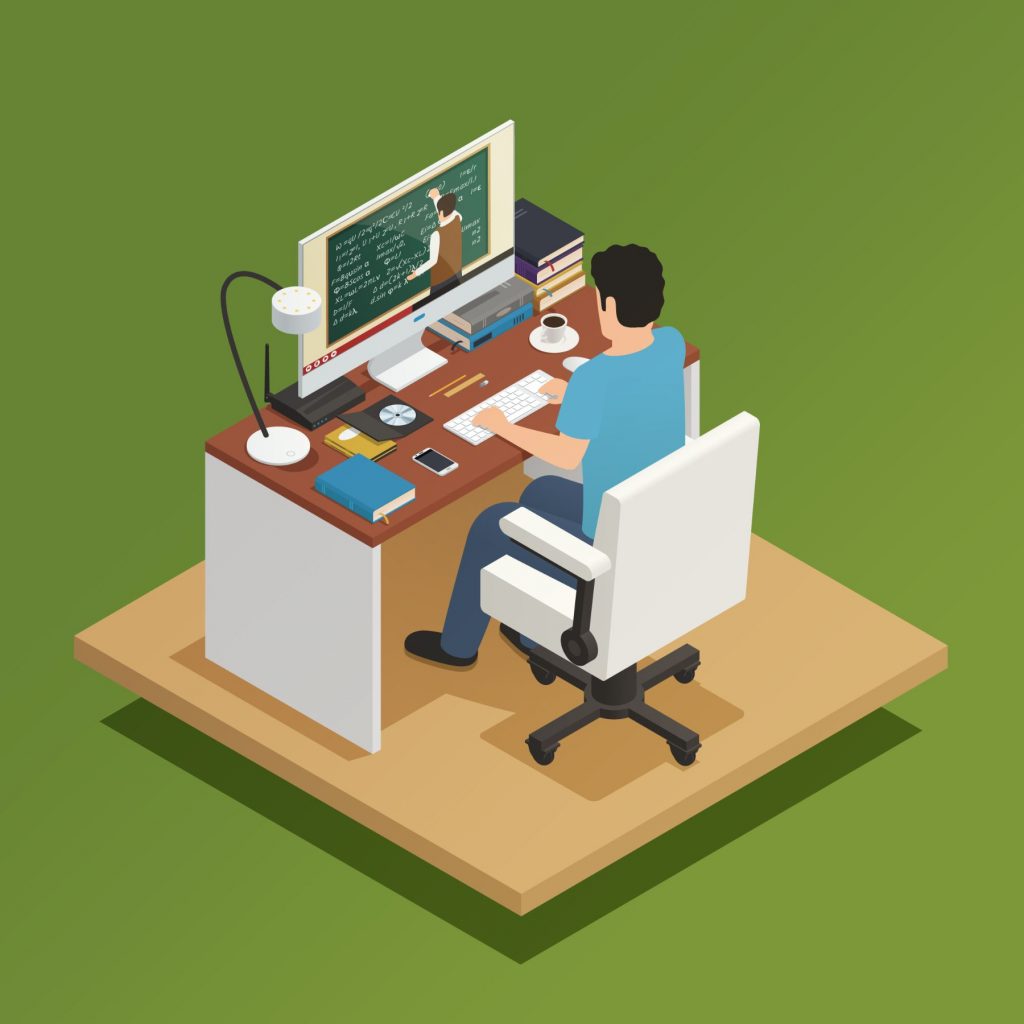
Dr. Jennifer Oates, Head of the Music Library, and Michael Deering, an Aaron Copland School of Music graduate and a non-teaching adjunct in the Music Library, recently interviewed each other to provide a nuanced picture of working in the Music Library during the pandemic. Along with the challenges, they also discussed some of their outreach and collaborations with other departments, the Music Library’s ongoing support for students and faculty, and their hopes for the future. Their conversation has been edited for length and clarity.
Mike’s Questions for Jenn
How long have you worked at the QC Music Library?
I just started my seventeenth year as Head of the Music Library here.
You were on sabbatical when the pandemic began: what was it like stepping back in with our physical spaces closed and all of these new considerations?
Very strange! While on sabbatical, I read work emails, so I had a general idea of what was happening on campus. Coming back to work, my top priority was finding ways to help maintain a high level of service and support to our faculty and students. The Music Library crew did a fantastic job while I was out. I wanted to build on that, support our crew, and see how I could help in Rosenthal Library as well.
Since we don’t have access to our physical materials, we’ve all had to be flexible in our roles. Have any of your prior responsibilities carried into this semester? How about new considerations?
My responsibilities remain the same, but how I fulfill them has changed. I still do in-class library instruction for music courses and offer reference consultations, both via Zoom. I am pleased that students seem to be emailing with questions, which I hope continues. I have also been creating new research guides geared towards particular fields or classes, including one for Music Education and another for writing program notes.
I am doing more at Rosenthal Library, including virtual reference. I have also been asked to lead a User Experience (UX) Team, which I’m excited about. We’ll be looking at how our patrons use the library and look for ways to streamline and improve experiences.
I love that our Music Library crew has been eager to help out wherever possible. They’ve been updating manuals and internal guides for the Music Library and helping out with projects in Rosenthal Library, including testing the reservation system and working on microfilm/fiche projects.
As for new considerations, I had previously focused on buying physical books and scores, something I am reconsidering now. I am thinking about how to engage with students virtually. Doing screen shares on Zoom for instruction and reference consultations has been really useful and is something I want to offer even when we’re back on campus.
What are your hopes and goals for the music library, looking at this semester and beyond?
I’ve always thought of the Music Library as the intellectual hub of the Aaron Copland School of Music. I hope that continues, and I hope we can find ways to incorporate more virtual tools and resources into our offerings. Working with classes and students via Zoom has been fun, but what other ways might we incorporate digital services into our offerings? Currently, those who reach out to me knew me from before or I have visited their class. I want to find ways to connect with those who may not know who I am or what the Music Library has to offer.
Rethinking how we support faculty is also important. During the pandemic, we’ve been focused on students and classes, but I also want to make sure our faculty have what they need for research.
Jenn’s Questions for Mike
How long have you been at QC?
I started as a master’s student in 2016 and I worked in the music office my first year. Once I graduated I took another post in the office before moving to the Music Library this January.
What’s it been like working at QC during the pandemic?
It was a rushed transition for everyone, but as things settled I was glad to see a lot of possibilities to increase our accessibility, and new opportunities to get involved with different projects.
What is working well for you?
I enjoy being flexible and working in capacities I might not have otherwise. This includes helping faculty prepare for their classes through my my work with The Center for Teaching and Learning. CTL is a hub for faculty support. Throughout this shift towards virtual education, they have been very busy and I’m glad to be in their drop-in hours to help as much as possible. Working with the library’s communications department, I get to be active on social media and handle projects like this where I get to discuss our experiences during this time and share stories with our community. I’m currently working on a related story with a staff member from the Kupferberg Center for the Arts. One of my favorite projects has been Culture Watch, which is a monthly roundup of free live streamed events to enjoy from your home.
What is challenging for you?
The most challenging thing has been staying on a good sleep schedule. I am a night owl and without always having to be somewhere in the mornings I tend to stay up a bit later than I probably should.
How do you hope your current work will impact the future of the library and the music school?
While no one wants to be in a pandemic, it has pushed individuals, teams, and institutions in unique directions that can have some positive lasting effects. I’m hopeful that we can continue to serve our patrons and even improve our accessibility by developing more digital services.
For more on the Music Library, check out our homepage and follow us on social media!
Facebook: https://www.facebook.com/QCmusiclibrary
Instagram: @qcmusiclibrary
Twitter: @QCMusicLibrary
